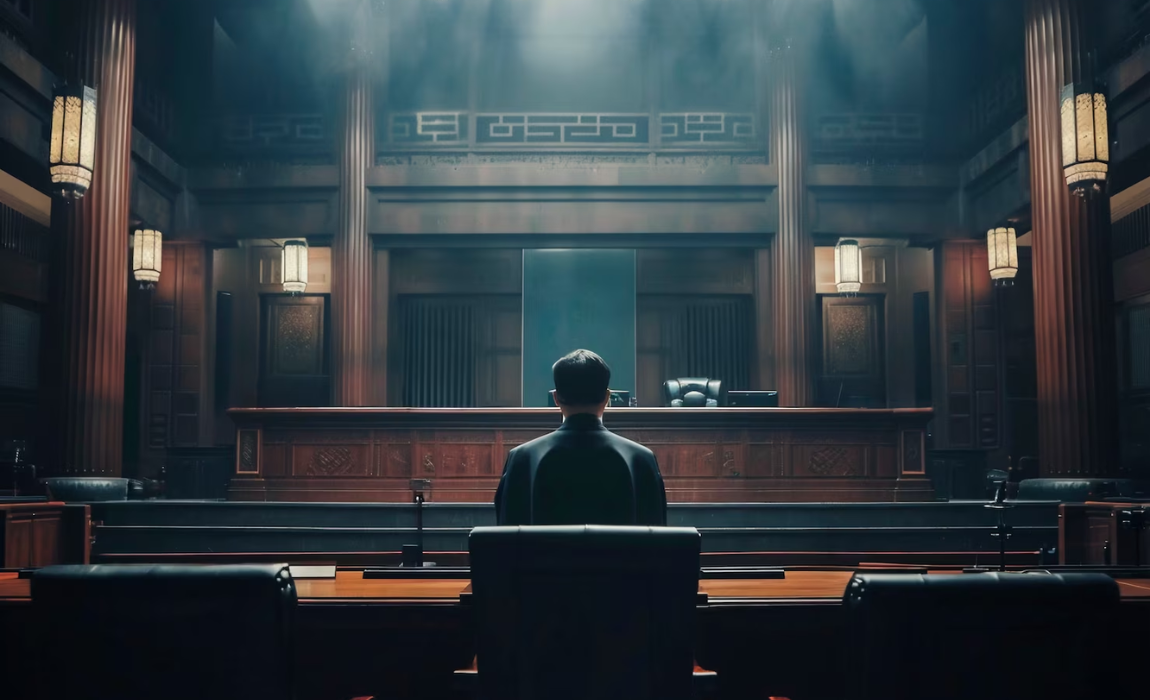
Judicial Delay and Its Impact on Public Trust: Lessons from High-Profile Criminal Trials
The justice system rests on a simple promise: fairness delivered in a reasonable time. Yet in India, the reality is often the opposite. High-profile criminal trials—whether concerning political corruption, communal violence, or celebrity crimes—drag on for years, sometimes decades. Each adjournment, each procedural delay chips away not only at the prospects of justice but also at the public’s faith in the judiciary. Justice delayed, in these cases, becomes not only justice denied but justice doubted.
Several emblematic trials illustrate this erosion. The 1984 anti-Sikh riots cases, the Babri Masjid demolition trial, and even more recent matters involving politicians and celebrities all demonstrate how the slow churn of the judicial process can distort accountability. Victims and survivors, forced into prolonged legal battles, often die before seeing closure. Accused
individuals, especially those with resources and influence, exploit the labyrinth of appeals, bail applications, and procedural technicalities. The outcome is predictable: public cynicism about whether the judiciary can act impartially when power is at stake.
The causes of delay are well known. India has a staggering backlog of over four crore cases, a shortage of judges, and an overburdened prosecutorial system. But high-profile cases reveal another problem: strategic delay. Powerful litigants deploy teams of lawyers to file endless adjournments, interim applications, and jurisdictional challenges. Courts, bound by due process and often hesitant to crack down on senior counsels, allow such tactics to prolong trials indefinitely. In the eyes of ordinary citizens, this is not just inefficiency—it is inequality. Justice appears swift for the poor and powerless, but infinitely negotiable for the rich and well connected.
The impact on public trust is profound. The judiciary is often described as the last hope of citizens, a bulwark against political and executive excess. When high-profile cases languish, that hope diminishes. The perception grows that accountability is selective, that justice bends before status. This erosion of trust has ripple effects: victims hesitate to pursue cases, witnesses fear retribution without protection, and society grows cynical about the rule of law itself.
Yet delay is not inevitable. Courts have shown that where there is will, there is speed. The Nirbhaya case (2012) was fast-tracked, with convictions secured within a year, and subsequent
appeals dealt with relatively swiftly compared to other high-profile matters. Special courts for POCSO cases, anti-corruption tribunals, and fast-track mechanisms for election-related disputes demonstrate that the judiciary can act decisively when urgency is recognized. The challenge is to extend this efficiency beyond exceptional cases to the broader system, especially those involving influential actors.
Reform must therefore focus on three areas. First, procedural streamlining: unnecessary adjournments should be strictly curtailed, with costs imposed for frivolous delays. Second, judicial capacity: increasing the number of judges, modernizing case management through digital tracking, and ensuring adequate prosecutorial support are essential. Third, and most importantly, institutional accountability: high-profile trials should be subject to regular monitoring, whether by special benches of High Courts or judicial commissions, ensuring that the process does not meander endlessly.
Ultimately, justice is not only about outcomes but about process. Even acquittals, if delivered swiftly after a fair trial, inspire greater public confidence than convictions that come decades later. What undermines trust is not merely who wins or loses, but the perception that the process itself is manipulated, unequal, and endless.
The lessons from high-profile trials are clear. Judicial delay corrodes faith in democracy and emboldens those who believe the system can be gamed. Restoring trust will require not just new laws but a cultural shift within the judiciary: a recognition that time is as vital to justice as truth. Until then, each adjournment in a high-profile trial will not only postpone a verdict but also deepen public disillusionment in the very institution meant to uphold justice.
